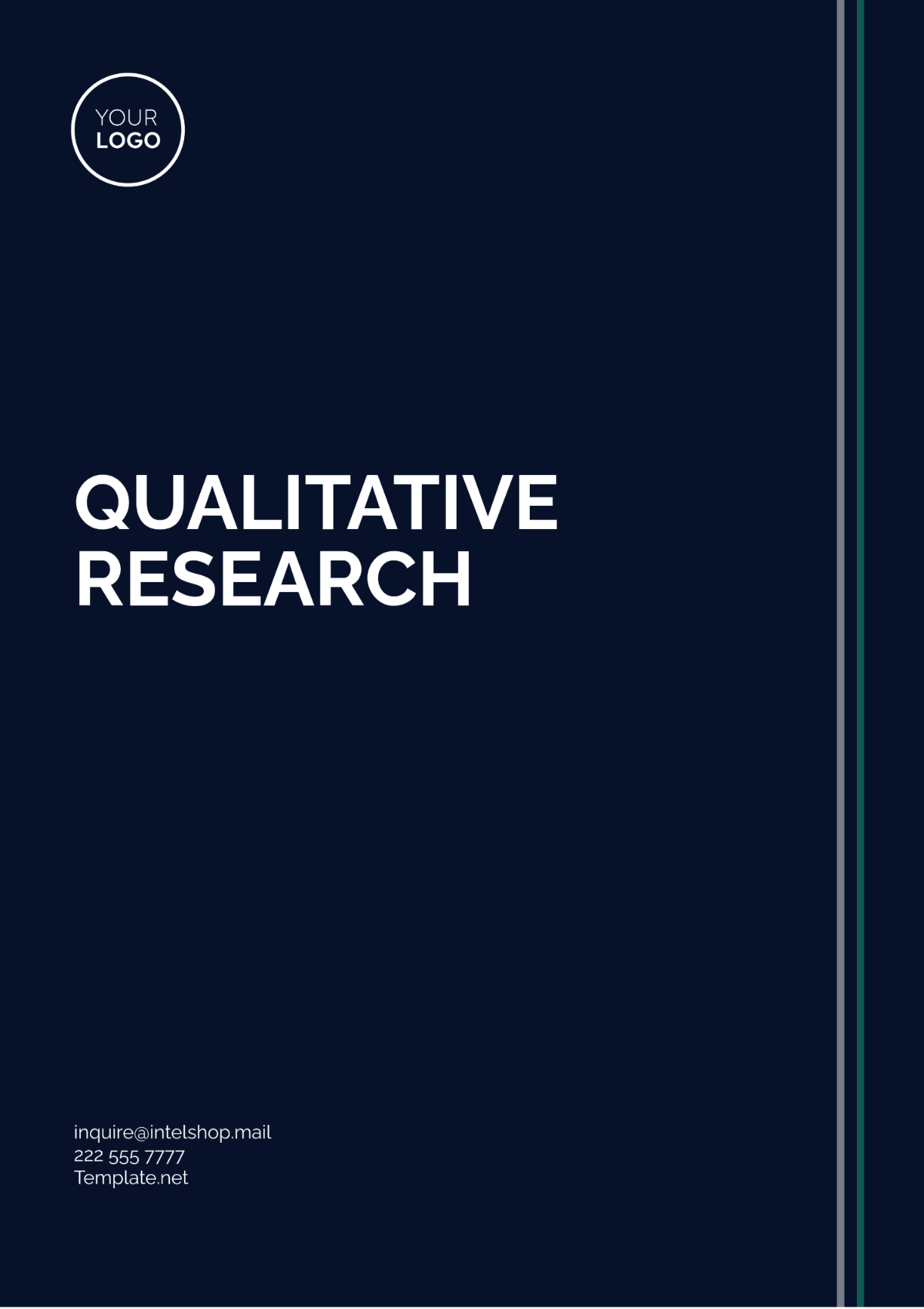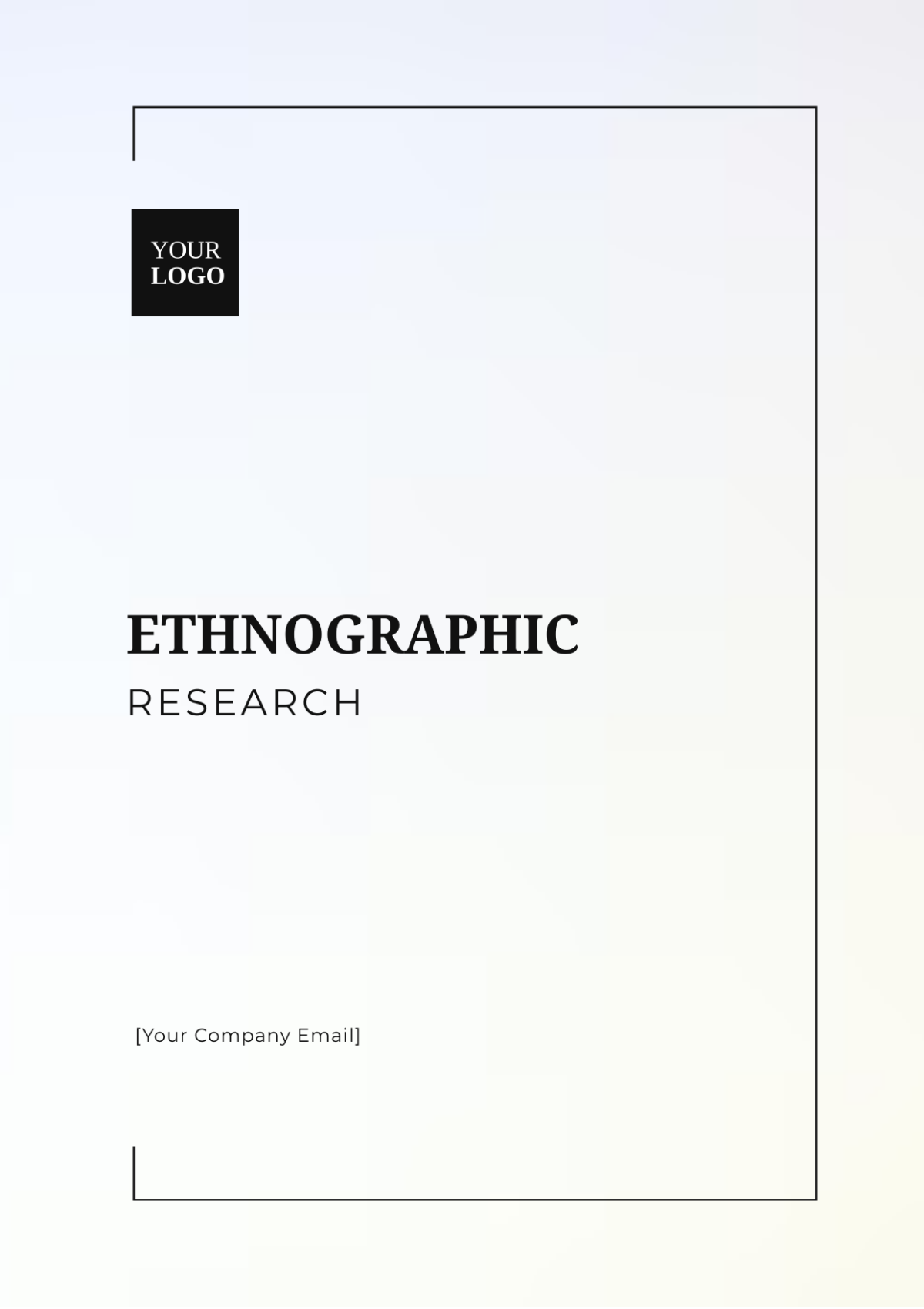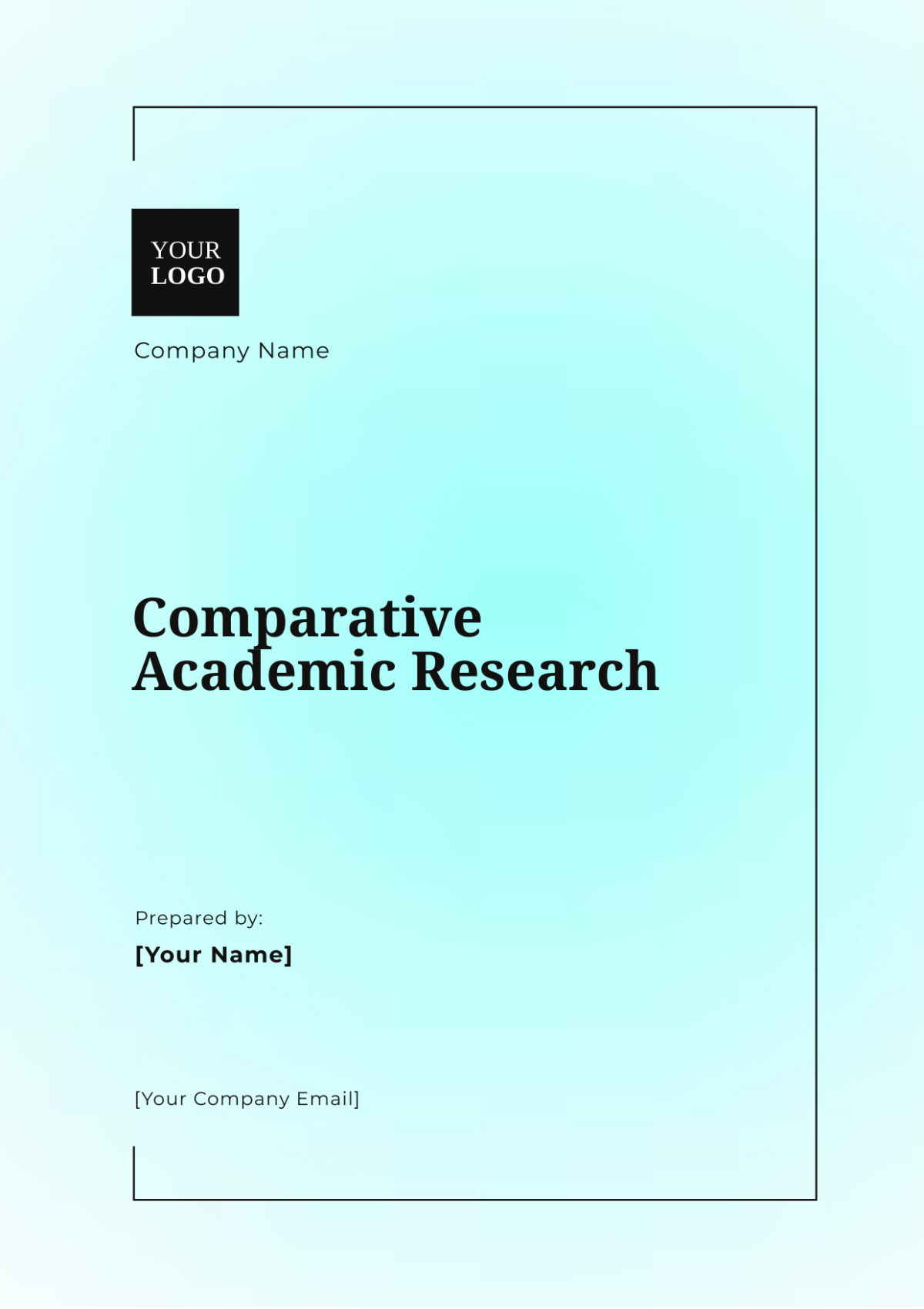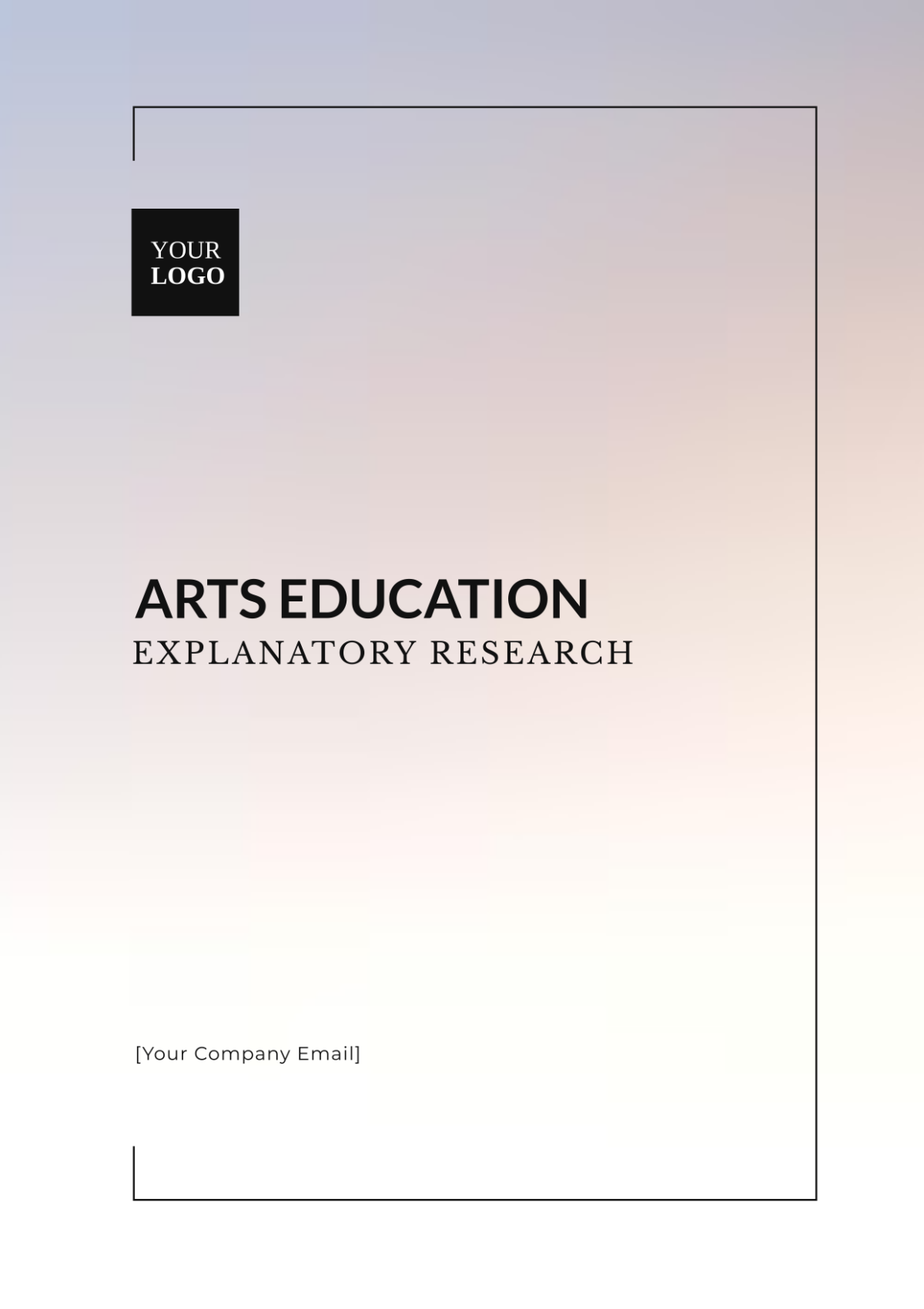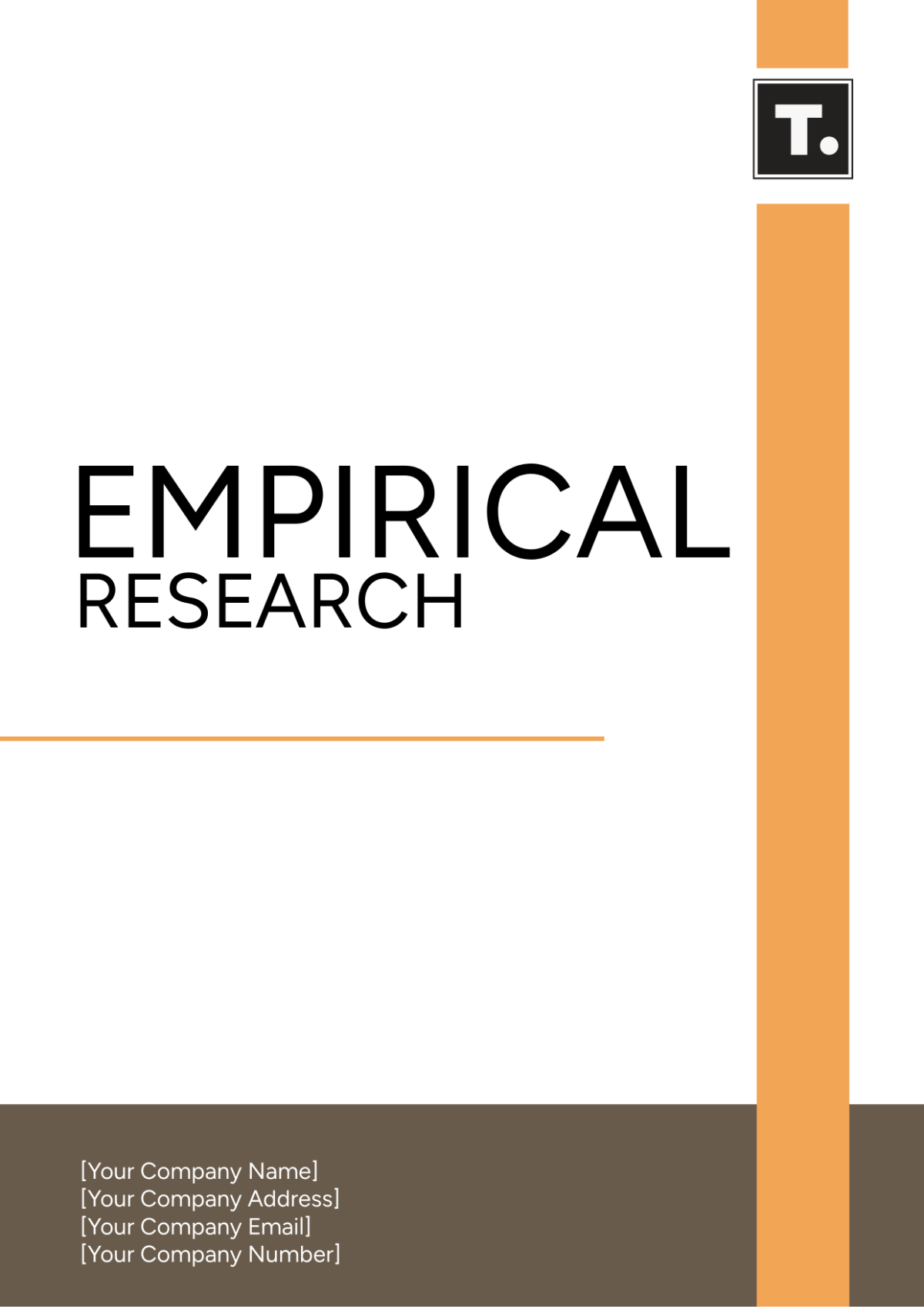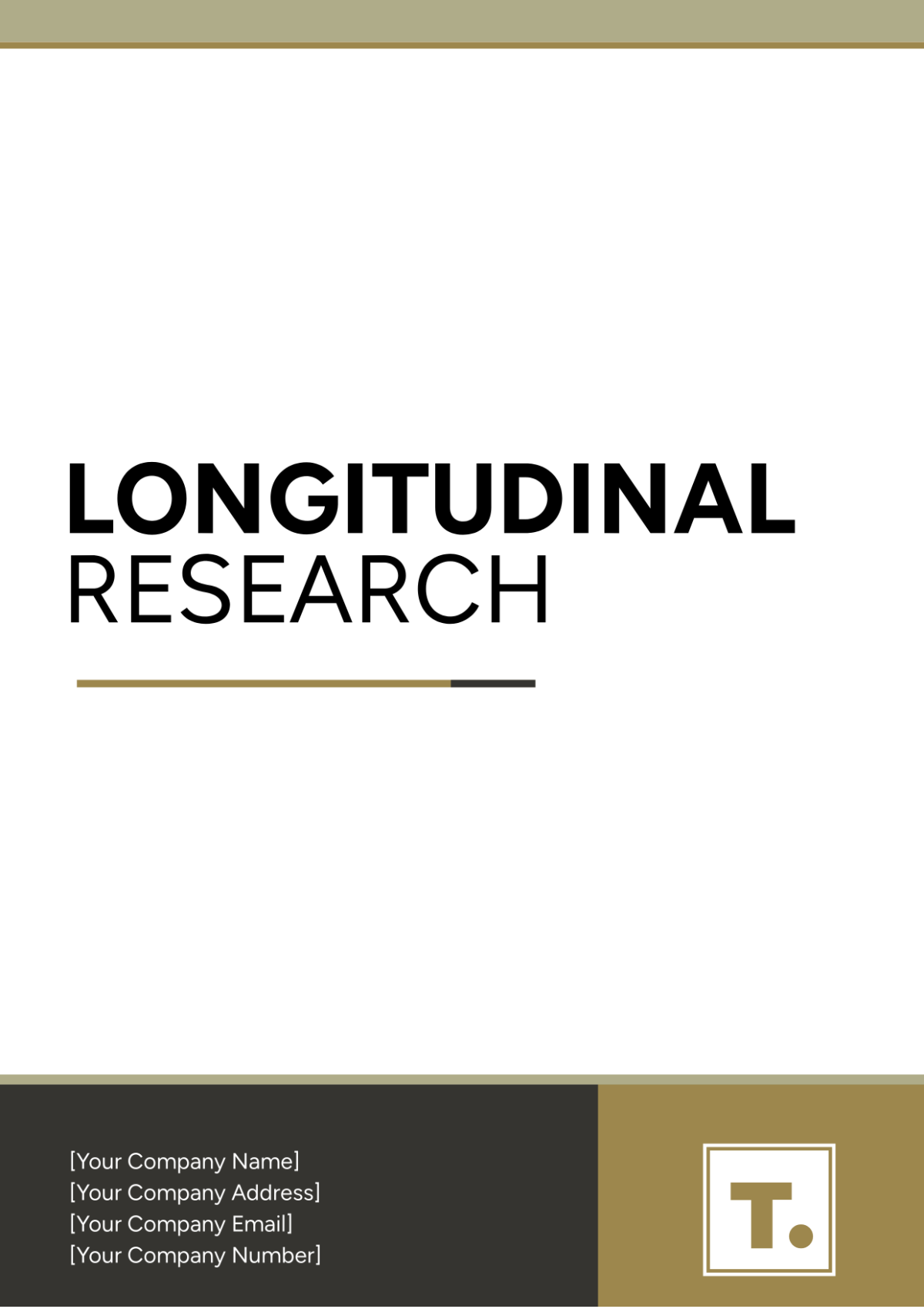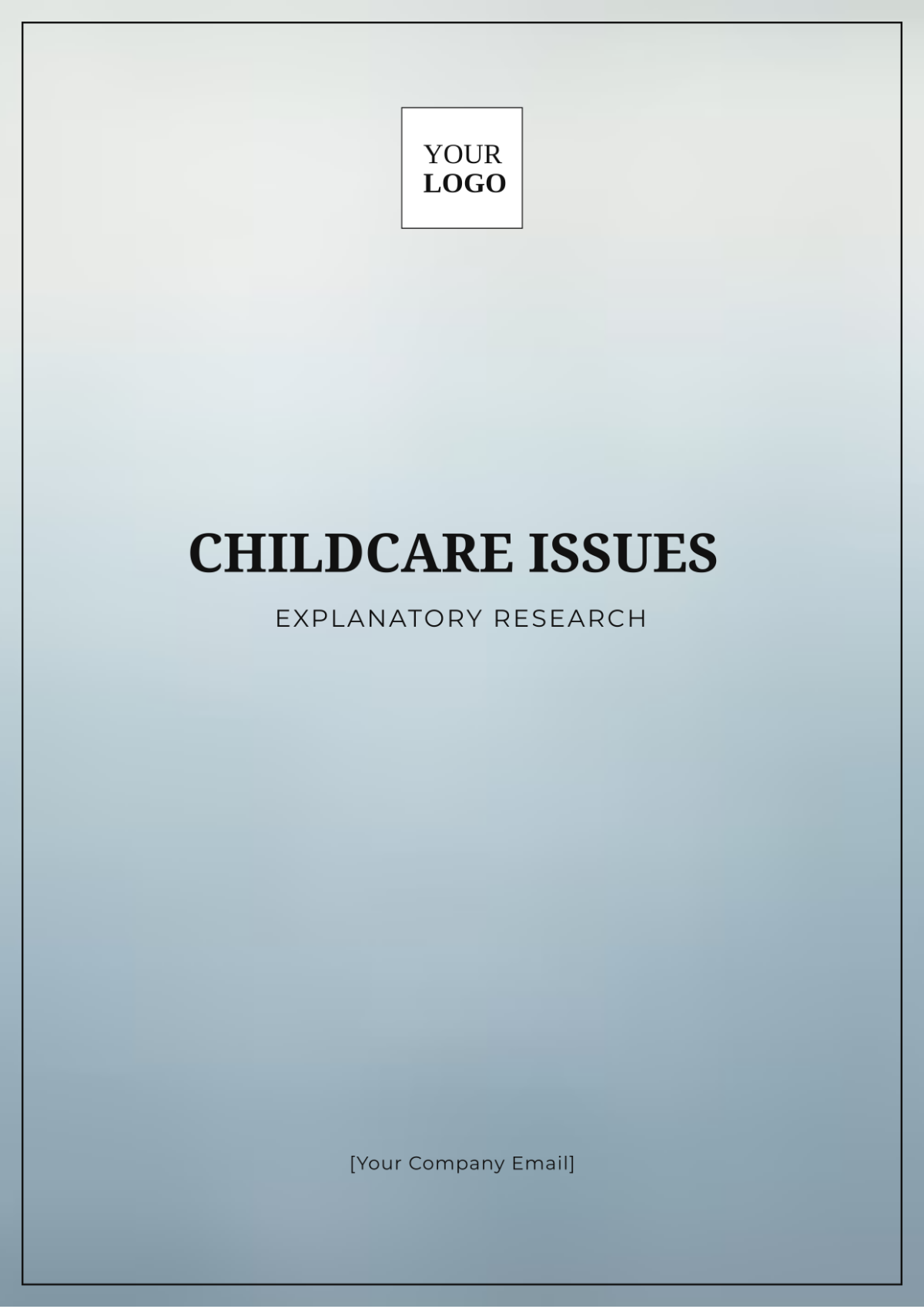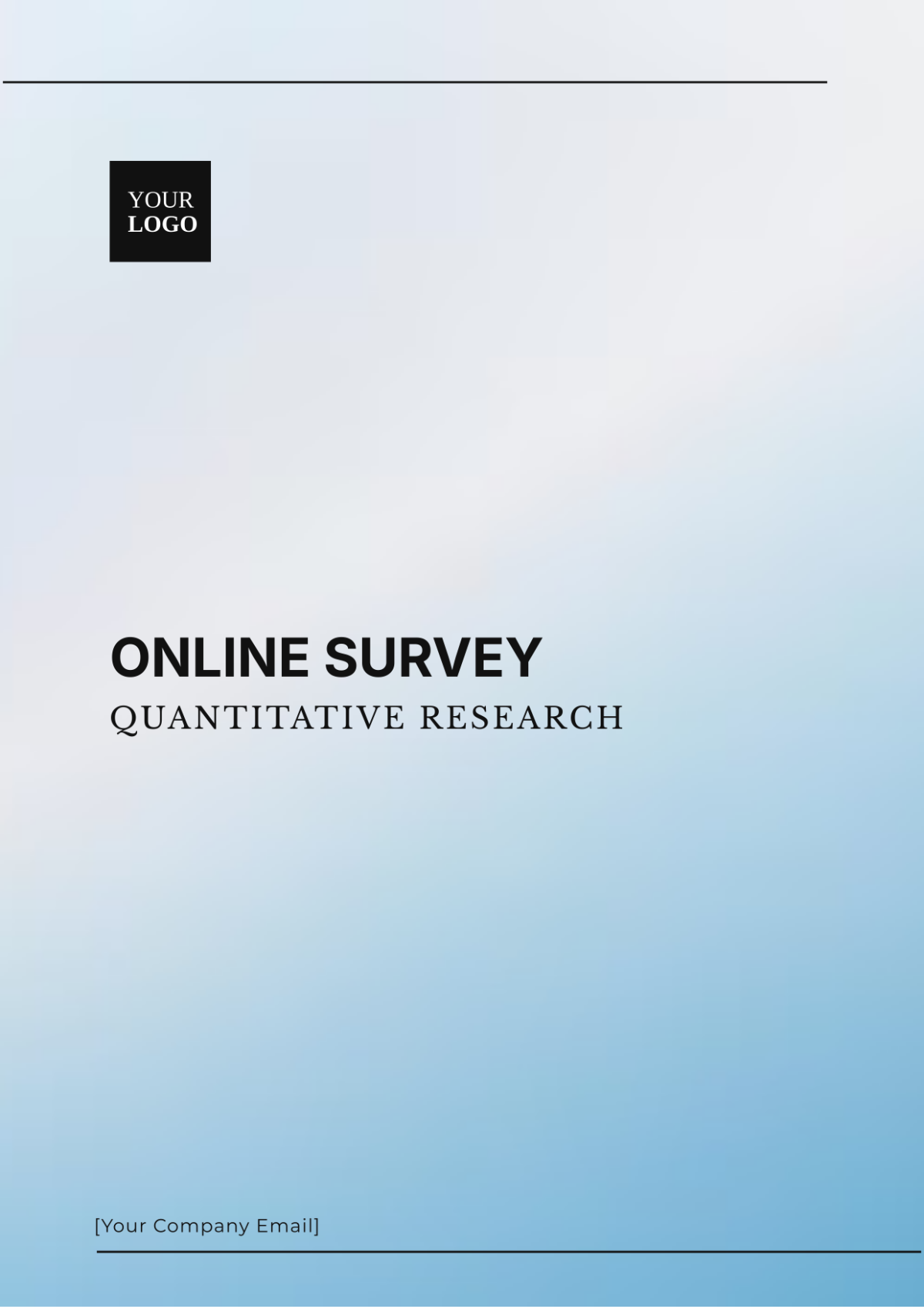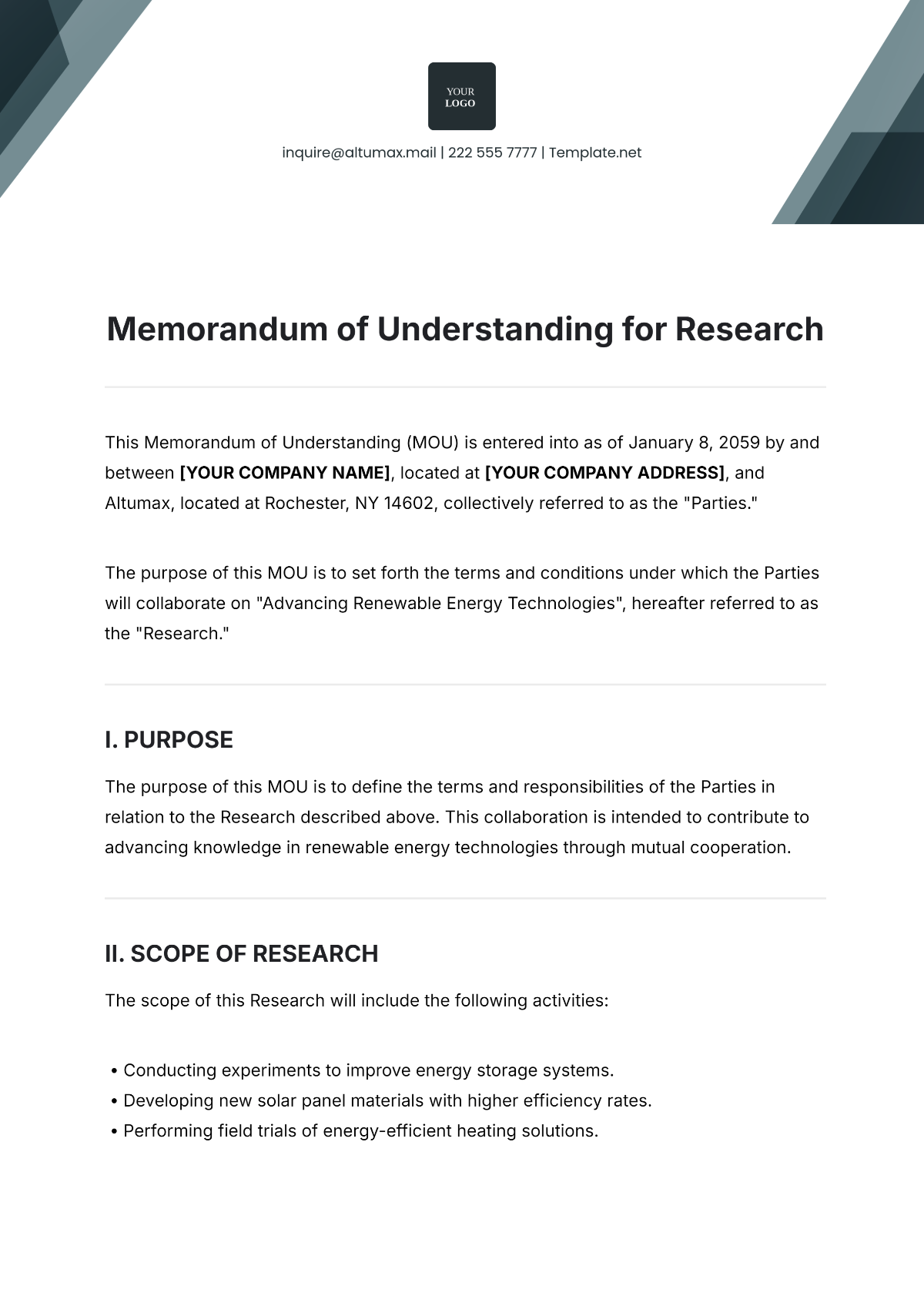Postcolonial Theory Explanatory Research
Researcher: [Your Name]
Date: [Date]
I. Abstract
This research, conducted in the early 2050s, employs postcolonial theory to analyze the cultural, social, and political phenomena stemming from the global colonial history of the 19th and 20th centuries. With a focus on the lingering influences of colonial legacies in the 21st century, this study elucidates how these legacies continue to shape contemporary issues, identities, and power dynamics in societies that were formerly colonized. Through a robust theoretical framework and a systematic, comparative methodology, this research offers insightful analysis and discussion on the enduring impact of colonialist ideologies and structures, particularly in the context of new global challenges, including digital colonization and climate colonialism.
II. Introduction
The historical impact of colonialism remains profoundly evident in the societal structures of the 2050s. While many nations have gained independence over the past century, the legacies of colonialism continue to shape contemporary cultural, social, and political landscapes. Postcolonial theory, which emerged in the late 20th century, provides a critical lens for understanding these lasting impacts. This research aims to utilize postcolonial theory to explain how colonial legacies persist in modern realms, particularly in the context of global digital dominance and environmental exploitation. The significance of this research lies in its ability to reveal underlying power dynamics and identity formations that have been influenced by colonial histories, and how these dynamics are now evolving in response to the challenges of the mid-21st century.
III. Theoretical Framework
Postcolonial theory, as developed by key theorists such as Edward Said, Homi Bhabha, and Gayatri Chakravorty Spivak, examines the enduring consequences of colonialism, focusing on power dynamics, identity, and cultural influence. In the context of the 2050s, this framework has been expanded to address new forms of colonialism, such as digital colonization, where technological and cultural dominance by certain global powers mirrors traditional colonial hierarchies. Key concepts within this theoretical framework include:
Orientalism: Edward Said’s concept, reexamined in the 2050s, now includes the construction of digital "Others," where global tech giants create and control digital spaces that perpetuate exoticized and inferior representations of marginalized communities.
Hybridity: Homi Bhabha’s idea of cultural hybridity is explored in the context of global digital cultures, where new hybrid identities emerge from the interaction between local traditions and global digital influences, often mediated by the remnants of colonial power structures.
Subaltern: Gayatri Spivak’s focus on marginalized groups is expanded to include those excluded from the global digital economy. The study examines how these "digital subalterns" navigate their marginalization and strive for representation in a digital world dominated by a few powerful nations.
IV. Methodology
This research employs qualitative methods, with a comparative analysis of historical documents, literary texts, and contemporary media artifacts, all viewed through a postcolonial theoretical lens. The study also incorporates interviews with scholars and digital activists from various regions that were historically colonized. The key methodological steps include:
Selection of relevant texts and digital artifacts: Analyzing historical and contemporary sources, including digital media, that reflect postcolonial themes.
Application of postcolonial theoretical concepts: Using the theoretical framework to interpret the selected texts and artifacts, particularly in the context of digital and environmental colonization.
Comparative analysis across different regions and contexts: Examining the persistence of colonial legacies in various regions, from Africa and Asia to Latin America and the Pacific Islands, with a particular focus on how these legacies manifest in digital and environmental realms.
Interviews with scholars and digital activists: Conducting interviews to gather insights on how contemporary issues are being shaped by colonial legacies and how communities are resisting new forms of colonization.
V. Analysis
The analysis section is structured around key themes identified through the theoretical framework and methodology:
Identity Formation: The study explores how postcolonial identities in the 2050s are shaped by the ongoing interaction between colonizer and colonized cultures, now influenced by global digital platforms. Literary and media representations reveal how these identities are constructed, contested, and how they resist or adapt to digital colonialism.
Power Dynamics: The legacy of colonial power structures is evident in contemporary governance, legal systems, and global digital hierarchies. Analysis of political, legal, and digital systems in formerly colonized countries uncovers the persistence of colonial control mechanisms, including the exploitation of digital resources and the control of data flows by former colonial powers.
Cultural Influence: Colonialism's lasting impact on cultural practices and values is explored through the lens of digital culture and climate change. The study analyzes artistic and cultural expressions in the 2050s, revealing how colonial influence is resisted, adapted, or perpetuated in response to new global challenges, such as climate-induced migration and the digital divide.
VI. Discussion
This research highlights the pervasive and multifaceted impact of colonial legacies, particularly as they evolve in response to new global phenomena. The discussion synthesizes the analysis to explore the broader implications of these findings in the 2050s. Key points include:
The persistence of colonial ideologies in modern institutions: From digital monopolies to environmental policies, colonial ideologies continue to shape global systems, often to the detriment of formerly colonized societies.
The complex nature of postcolonial identities: The importance of recognizing hybridity in a digital age where cultural identities are increasingly shaped by global digital platforms and environmental crises.
The need for ongoing decolonization efforts: The study emphasizes the importance of continuing decolonization efforts, particularly in the realms of digital sovereignty and environmental justice, to foster more equitable and inclusive futures.
VII. Conclusion
In conclusion, this research underscores the enduring influence of colonial histories on contemporary issues, particularly in the context of digital and environmental colonization in the 2050s. By applying postcolonial theory, it provides a deeper understanding of how colonial legacies continue to shape identities, power dynamics, and cultural practices in formerly colonized societies. Recognizing and addressing these influences is crucial for fostering more equitable and inclusive futures, especially in a rapidly evolving global landscape.
VIII. References
Said, E. W. (2050). Orientalism in the Digital Age. New York: Pantheon Books.
Bhabha, H. K. (2051). The Location of Culture in the Global Digital Sphere. London: Routledge.
Spivak, G. C. (2053). Can the Digital Subaltern Speak? In C. Nelson & L. Grossberg (Eds.), Marxism and the Interpretation of Digital Culture (pp. 271-313). Urbana: University of Illinois Press.
Loomba, A. (2050). Colonialism/Postcolonialism in the Context of Environmental Crisis. London: Routledge.







